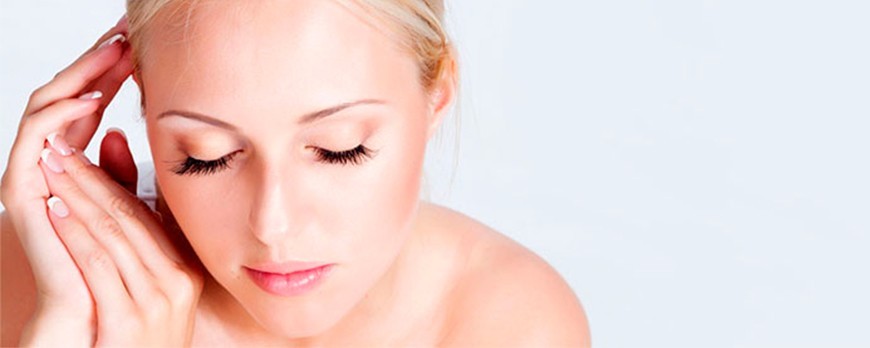
THE PSORIASIS
Although the exact causes are not known and is an autoimmune, inflammatory disease that has its origin in a disorder of the immune system. In normal situations, this protects us from infections and diseases but in an autoimmune disease this attacks the cells and healthy tissues of our own body.
In the case of the psoriasis, the decontrol of the immune system provokes that cells found in the top layer of the skin, keratinocytes, grow faster than the usual: every 3 or 4 days instead of 28 days as it happens in a person without psoriasis, giving place to psoriatic plaques.1
Psoriasis can appear at any age, normally with more frequency in two different times of the life, between 20 and 30 years of age and between 50 and 60 years of age.1 And is more common in men than in women. It can affect any part of the skin frequently, areas such as elbows, knees, scalp, abdomen and back. It is not strange that affects the nails. This is known as nail psoriasis. Nails can be the only affected area at the start of the psoriasis.
Psoriasis is a disease that affects 100 million people in the world2 and in Spain 2,3% of the population this is approximately a million people.3
People who suffer from psoriasis have more risk of suffering other illnesses such as diabetes, psoriatic arthritis, cardiovascular diseases and depression among others.
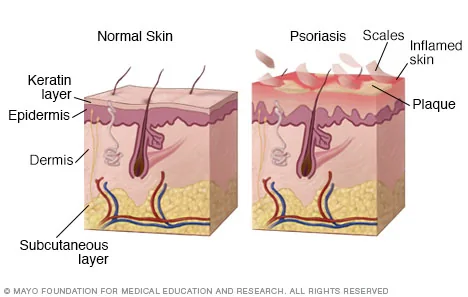
10 Aspects to keep in mind about the psoriasis
- Psoriasis is not a contagious illness neither indicates lack of hygiene although it can be inherited.
- Psoriasis does not only affect the patient: his/her personal environment is also affected by the physical and psychological effects of the illness.
- Besides being a physical component, psoriasis has a great impact on mental health even bigger than any other chronic disease.
- Psoriasis is a chronic pathology that can be controlled by following the right treatment, improving the self-esteem and quality of life significantly.
- Psoriasis appears as outbreaks, with improvement phases among them (which are known as remission phases).
- There are different types of psoriasis and the same patient can suffer different periods during the illness evolution.
- The dermatologist is the best qualified consultant to decide which treatment is the most adequate for each patient. The psoriasis treatment always needs to be individualized, adjusting it to the needs of each phase of the illness.
- Psoriasis should be addressed in a global way, treating not only the skin symptoms but also the affections of joints, cardiovascular risk or the impact that may have on the patient´s quality of life.
- It is important that the doctor assesses the possibility of a psoriatic arthritis, which the patient must inform at any sign as it could be chronic back pain, especially during the night and which does not go away with rest, pain in the joints, inflammation of the fingers or tendons.
- For the patient with psoriasis it is important to avoid skin bruises that may follow with new injuries and moderate the consumption of alcohol that could worsen the disease.
Psoriasis is produced due to a combination of genetic and environmental factors. This means that is developed in a person willing to have the illness because of the genes inherited by the parents, but a trigger factor is needed to set the whole process.
The trigger factors for the flares of psoriasis are: 4
Stress: Very frequent and easily controlled by the patient.
Injuries: A direct blow to the skin may follow psoriasis injuries on the affected area. This effect is known as Koebner Response and it appears in 1 of every 4 patients. Other types of injuries as sunburns, post-operative scars or eruptions caused by medicines can provoke the appearance of psoriasis injuries.
Bacterial or viral infections: May induce or worsen the injuries caused by the psoriasis by activating the immune system cells.
Medicines: Some medicines can contribute to the appearance of flares. For that it is important to inform the doctor about all the medication that the patient is taking.
Climate: Cold weather and seasonal changes can lead to flares of psoriasis.
Other: Alcohol, tobacco and obesity have been closely related with psoriasis flares.
To relieve the itching, dermatologists recommend treating the psoriasis by:
Applying cold compresses: can reduce the inflammation therefore the need of scratching.
- Using liniment menthol based complex or a topical steroid: can help to relieve the itching till the flare is gone.
- Hydration: Hydration is essential after the bath, it can relieve dry skin that produces itching.
- Taking a warm bath in oatmeal: This relieves itching in some persons. A dermatologist can recommend an adequate preparation.
- Never detach the injuries: As scratching, detaching the injuries can cause bleeding, infection and worsen the psoriasis. Dermatologists recommend a treatment to end with the psoriasis and the regular use of emollient and moisturizers to sooth the skin and avoid dryness.
- Pat dry instead of rubbing: Rubbing or irritating the skin in some sense can cause psoriasis injuries. Developing the habit of patting on the dry skin can relieve the problem.
- Using sun protection: Although sunlight can help to treat psoriasis, many treatments can make skin more sensitive to the sun. Any person that uses systemic or topical retinoid or PUVA therapy must protect the skin from the sun. Patients that use retinoid must apply a 15 SFP protection about 20 minutes before going out and wearing protective clothing. Besides, the exposition to the sun may produce burns that could lead to psoriasis.
- Wearing cotton clothing in contact with the skin: Cotton is less prone than other fibres to irritate skin or produce an excess of heat.
In Exialoe we have different products that can serve to help and relieve both externally and internally:
Externally the EXIOASIS CREAM can be used as the turmeric that contains, has anti-inflammatory properties, it can also help as it is a great regenerator of the skin. Another beneficial product is GEL 95, as it can be used on its own or by mixing it with some drops of ARGAN OIL, as Argan oil apart from hydrating and regenerating is an excellent antiseptic, it avoids infections and complications. CALENDULA GEL can be used for the daily hygiene as it has a calming and protective effect for the skin.
And internally, CUMINALOE is of help both for its antioxidant effect that will help to block free radicals responsible for these problems as for its ant inflammatory and strengthener of the immune system, also the turmeric that contains favours the regeneration of the injured skin. There are also the EXIOMEGA 3 capsules, that reduce skin inflammation, forming part of the dermis structure (skin), keeping it in good condition and also promoting the hormonal balance.
Other products that can be of help are also VITAMIN C capsules as they favour the collagen formation and therefore help with the regeneration of the skin and ALOE VERA JUICE for being purifying as well as favouring the skin hydration. Certainly, it is not necessary to use all of them at the same time but they are complements that will help to protect and regenerate the skin, relieving the psoriasis.
Use Exialoe!!! And your skin will thank you.
Sources:
1. Menter A, et al. Psoriasis and psoriatic arthritis overview. Am J Manag Care. 2016 Jun;22(8 Suppl):s216-24.
2. WHO_ Global report on psoriasis. Disponible en: http://apps.who.int/iris/bitstream/10665/204417/1/9789241565189_eng.pdf
3. Ferrándiz C, et al. Prevalencia de la psoriasis en España en la era de los agentes biológicos. Actas Dermosilogr. 2014. http://dx.doi.org/10.1016/j.ad.2013.12.008
4. Conejo Mir, et al. Manual de Dermatología. Grupo Aula Médica. 2010
Deja un comentarioDeja una respuesta
Blog búsqueda
Blog categories
Últimos comentarios
Gabriela
en The DHAOnidia
en SLIMMING CREAMS, WHAT ARE THEY?Encarnacion Maria Cazorla Lopez
en Exitrucosiyyiffniqr
en CORONAVIRUS Epidemia mundial Hay soluciónToñi
en The DHA
Featured articles
Intestinal flora: Functions and benefits
Have you ever wondered if your gut flora is really that important? Discover how this universe of bacteria in your...Read More
How many calories are equivalent to 1 kg of weight?
Find out how many calories are equivalent to 1 kg of weight and how you can use this information to lose weight...Read More
Nutritional Shakes: Complete nutrition tailored to your needs.
Discover the truth about breakfast and the benefits of nutritional shakes. We analyze the impact on health and how to...Read More
THE HAPPINESS OF BEING CALM
Discover the importance of calmness in your well-being. Learn to manage emotions, find balance, and discover...Read More

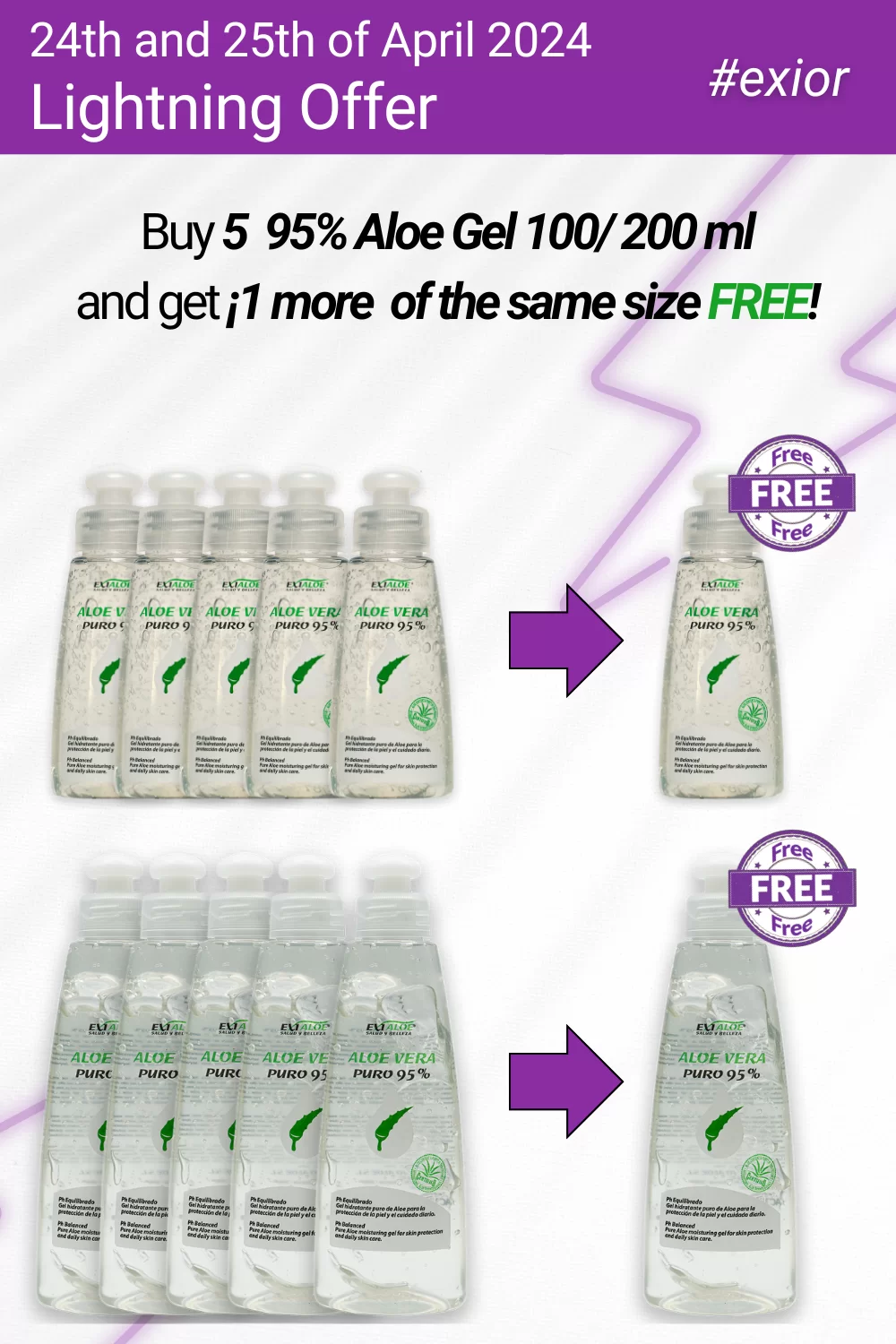
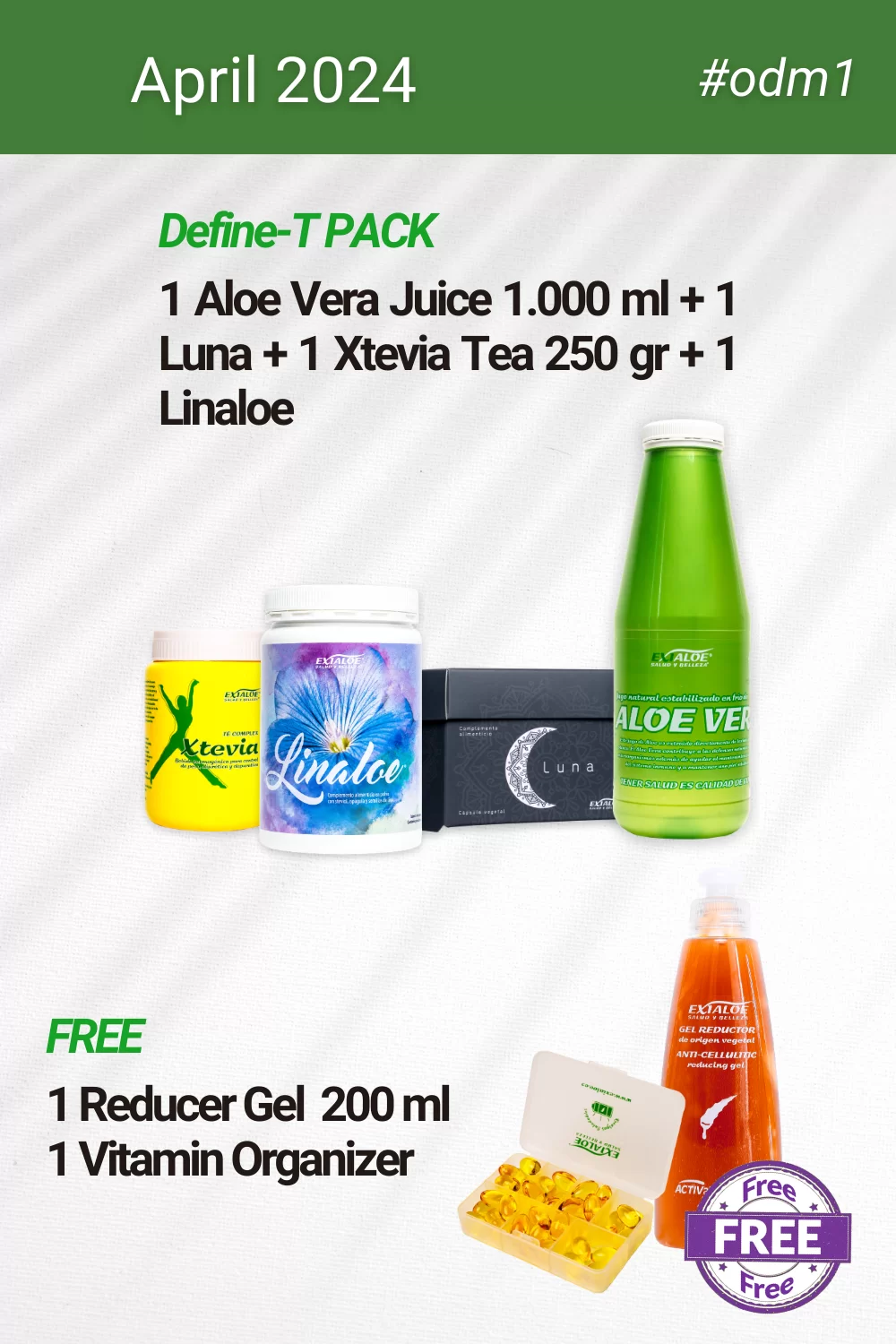
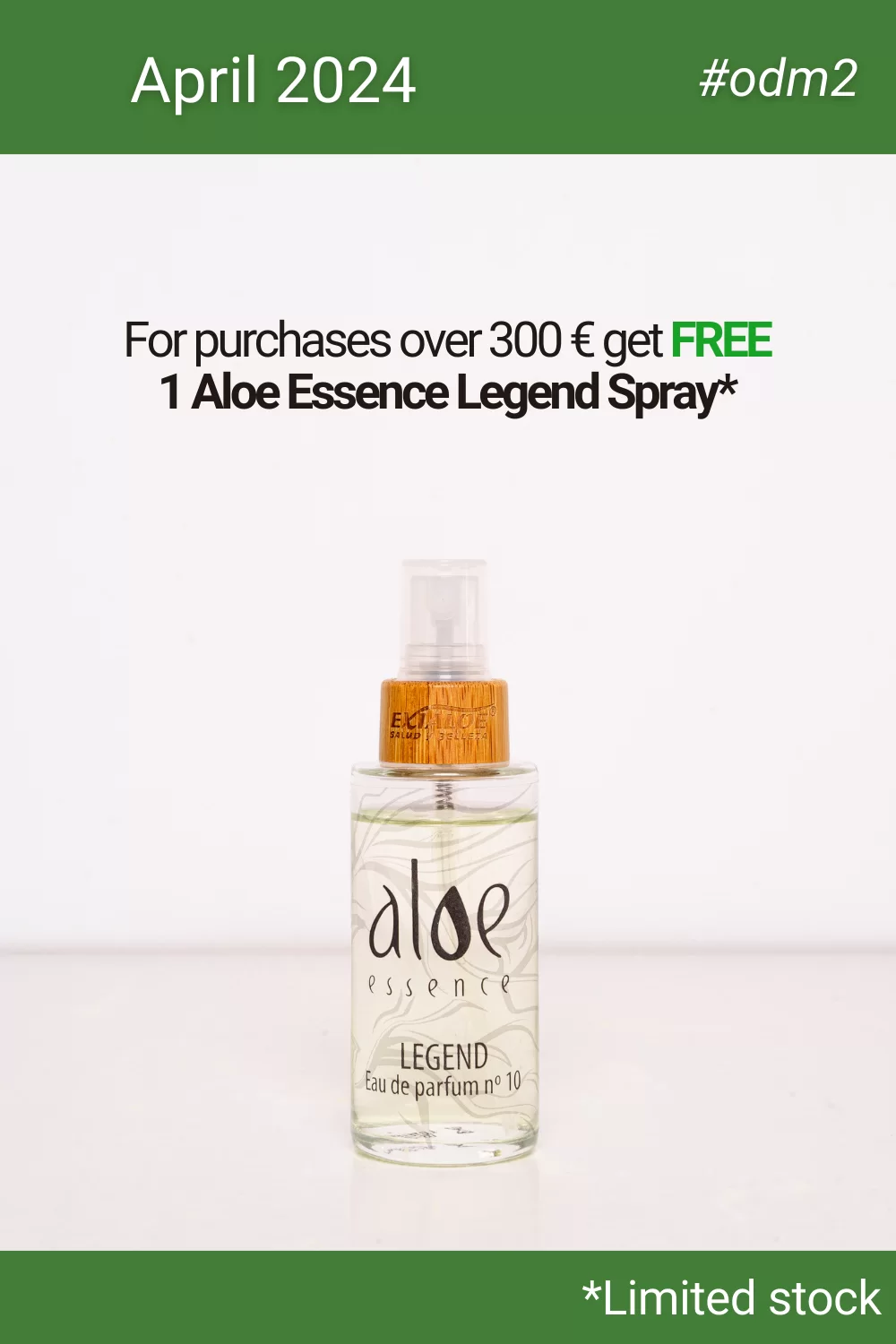
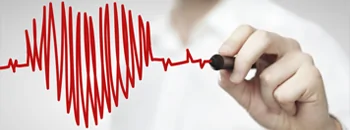

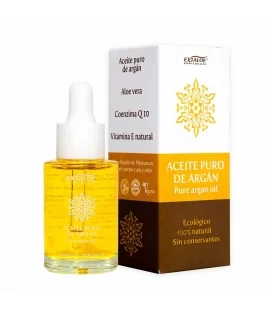
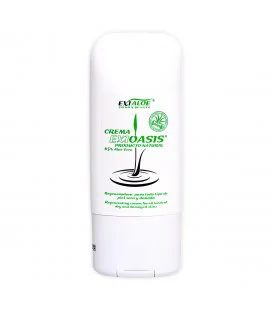
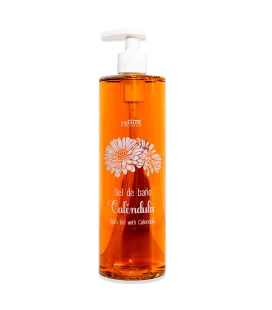
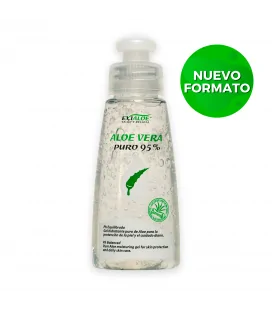
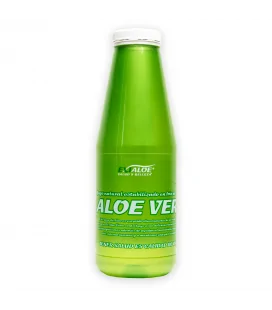
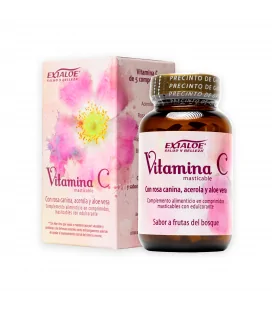
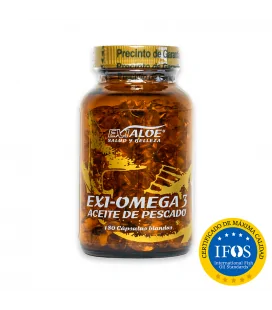
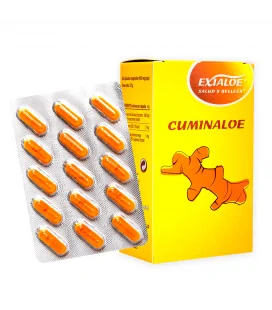
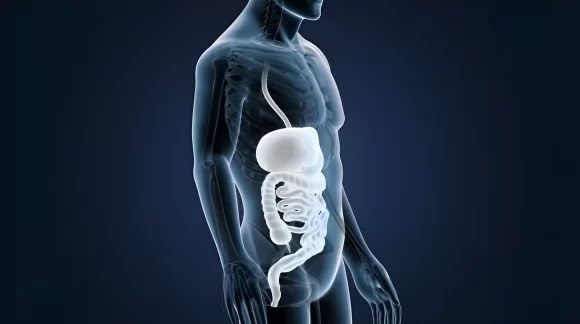



2 Comentarios
Rosa Mª Massip Gonzalez 2018-02-28 Reply
Gracias. Muy interesante Noelia. Yo tambien utilizo estos productos. Y que diferencia, antes no podia dormir de los picores.Noelia Lorenzo Piñeiro 2018-02-14 Reply
¡Muy buen artículo!Sufro de psoriasis en el cuero cabelludo. La aplicación de Gel Aloe 95% y Aceite de Argán me ayuda a calmar y regenerar la zona. También utilizo el tratamiento anticaspa que me regula y calma el cuero cabelludo. Y la ingesta de complementos de calidad como el Jugo de Aloe, Cuminaloe, etc. contribuye a contrarrestar esta afección. Hay que intentar llevar una vida sana y tranquila... ;)